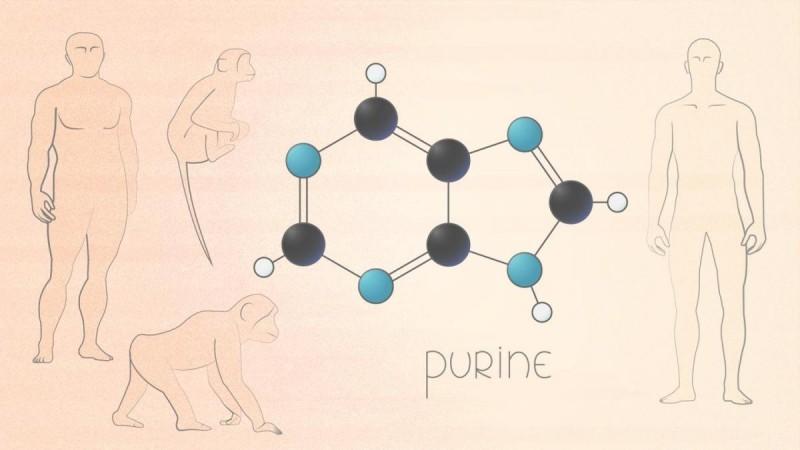A new feature that distinguishes modern humans from Neanderthals has been discovered by Skolteck scientists after examining the metabolism of humans, chimpanzees, and macaques in the muscle, kidney, and three separate brain areas.
Researchers from the Skoltech Center for Neurobiology and Brain Restoration (CNBR) led by Professor Philipp Khaitovich and their colleagues from the Max Planck Institutes in Leipzig, Dresden and Cologne and the University of Denver studied metabolic differences in the brain, kidney and muscle of humans, chimpanzees, and macaques.

The team discovered that the modern human genetic code undergoes mutation, which makes the adenylosuccinate lyase enzyme less stable, leading to a decrease in purine synthesis. Since this mutation did not occur in extinct human species, scientists believe it impacted metabolism in brain tissues, resulting in modern humans developing into a different group.
Our ancestors split from their closest evolutionary relatives, the Neanderthals and Denisovans (an extinct human species that ranged across Asia), around 600,000 years ago, while the evolutionary split between our ancestors and those of modern chimpanzees occurred 65 million years ago. Evolutionary biologists are looking for specific genetic features that make modern humans from their predecessors and can provide insight into why humans are the way they are.
Human Mutation
The researchers looked at a human mutation that causes an amino acid replacement in adenylosuccinate lyase, an enzyme involved in purine synthesis within DNA. The enzyme's function and stability are reduced as a result of this replacement, resulting in a lower concentration of purines in the human brain.

The researchers discovered that the new mutation is unique to humans and not seen in other primates or Neanderthals. By adding this mutation into the mouse genome, the researchers were able to show that it is the cause of metabolic abnormalities in humans. The mice that were mutated developed less purines, while an ancestral gene was introduced into human cells and resulted in the appearance of apparent metabolic changes.
"Although a powerful tool for scientists, the decoded human genome, unfortunately, cannot account for all the phenotypic differences between humans. The study of the metabolic composition of tissues can give clues about why functional changes occur in humans," says lead author and Skoltech PhD student Vita Stepanova.
She said the team has succeeded in predicting the metabolic characteristics of modern humans and validated the hypotheses on mouse and cell models, though the Neanderthals are extinct.

















